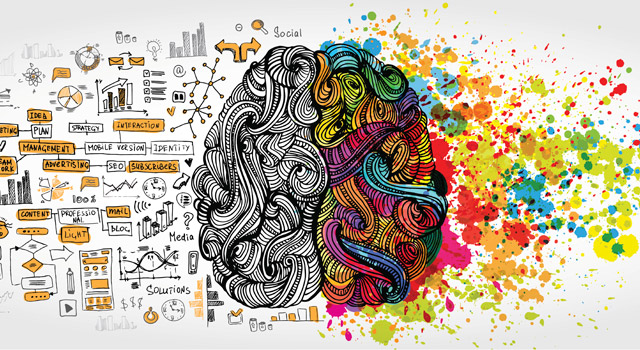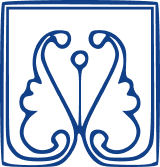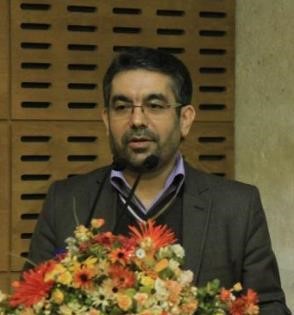Department of Psychology

About
The Department of Psychology, within the Faculty of Literature and Humanities, started its official activity in 1994 when it enrolled 30 undergraduate students. With expansion of educational facilities and the recruitment of new faculty members, a Master's degree course in general psychology was offered by the faculty in 2001, as well as by the international campus of Guilan University in 2014. The department began registering PhD students in general psychology after obtaining a license from the Iran’s Ministry of Science, Research and Technology in 2015. Furthermore, MA students’ admission in psychology and education of exceptional children started in 2016. Currently, the 11 faculty members including 2 full professors, 5 associate professors, and 4 assistant professors are actively involved in teaching and research at the department headed by Dr. Sajjad Rezaei. Overall, 1639 students will have graduated from the department by June 2023
Vision:
To provide high-quality education in psychology that fosters the development of students so that they will make worthy contributions to society.
Mission:
-To contribute to public understanding of psychology and its applications in education, health and clinical psychology, cognitive neuroscience, exceptional children and beyond;
- To promote human development, learning, health, and well-being through high quality education, research, and services;
- To nurture students to become intellectually competent through scientific studies of human behavior, emotion, and thought;
- To engage in high quality and high impact research both within and across disciplines;
- To cultivate collegiality and support for the career development of staff.
Values:
The Department of Psychology represents and embraces a diverse range of interests and specializations within the discipline. The Psychology Department takes responsibility to engender a climate of inclusiveness, mutual respect, acceptance and open-mindedness among students, faculty, staff, and the broader community. We are a natural science, social science and a health-services profession - advancing the field in areas ranging from basic brain, behavioral and developmental processes, to understanding the cultural effects on behavior, to developing and evaluating treatments for chronic psychological and behavioral disorders. We conduct and disseminate observational and experimental research in both laboratory and applied settings.
Vision:
To provide high-quality education in psychology that fosters the development of students so that they will make worthy contributions to society.
Mission:
-To contribute to public understanding of psychology and its applications in education, health and clinical psychology, cognitive neuroscience, exceptional children and beyond;
- To promote human development, learning, health, and well-being through high quality education, research, and services;
- To nurture students to become intellectually competent through scientific studies of human behavior, emotion, and thought;
- To engage in high quality and high impact research both within and across disciplines;
- To cultivate collegiality and support for the career development of staff.
Values:
The Department of Psychology represents and embraces a diverse range of interests and specializations within the discipline. The Psychology Department takes responsibility to engender a climate of inclusiveness, mutual respect, acceptance and open-mindedness among students, faculty, staff, and the broader community. We are a natural science, social science and a health-services profession - advancing the field in areas ranging from basic brain, behavioral and developmental processes, to understanding the cultural effects on behavior, to developing and evaluating treatments for chronic psychological and behavioral disorders. We conduct and disseminate observational and experimental research in both laboratory and applied settings.
Facilities and Equipment
The psychology laboratory within the department of psychology is located in block 5 of the Faculty of Literature and Humanities. Experimental psychology is taught in the laboratory equipped with the instruments such as tachistoscope, flicker, electroencephalograph (32-channel EEG system), diagnostic and rehabilitative systems in neuro-psychology like neurofeedback-biofeedback, tDCS, and other diagnostic and cognitive rehabilitation tools such as visual - auditory memory, visuomotor skills tests, as well as audiometry. Other tests and devices include…
• Conflict Recorder Device
• Digital maze learning apparatus
• Electroencephalogram: 32-channel EEG system
• Flicker frequency threshold measurement
• Memory and learning speed evaluator
-
TeachingUnderstanding and learning the knowledge of psychology and its application in improving the people's quality of life depend not only on the current boundaries of this science but also on what is learned and taught. Through research and teaching at University of Guilan, faculty members try to transmit new findings to students with a scientific and ethical approach and lay the groundwork for training future scientists, researchers, and clinicians. Teaching methods mainly include giving a lecture, presenting seminars, working collaboratively, participating in practical-individual projects, organizing scientific camps, and running journal clubs.
-
ResearchOur faculty members are researchers and authors with expertise in various psychological aspects. They are often young researchers familiar with new techniques and approaches who are interested in using their knowledge and expertise in teaching psychology.
Main Research
Cognitive neuropsychology
Psychometry
Clinical psychology
Psychopathology
Psychological interventions
Health psychology
Exceptional children
Child, adolescent and family psychotherapy -
PublicationJournal of Behaviour Modification Studies (JBMS)
Journal of Behaviour Modification Studies (JBMS) in University of Guilan, Iran, presents original and insightful researches on applied behaviour modification. The offers successful modification techniques applicable to problems in psychologic, psychiatric, educational, social, family health and rehabilitative settings, as well as, treatment and educational manuals and program descriptions.




























